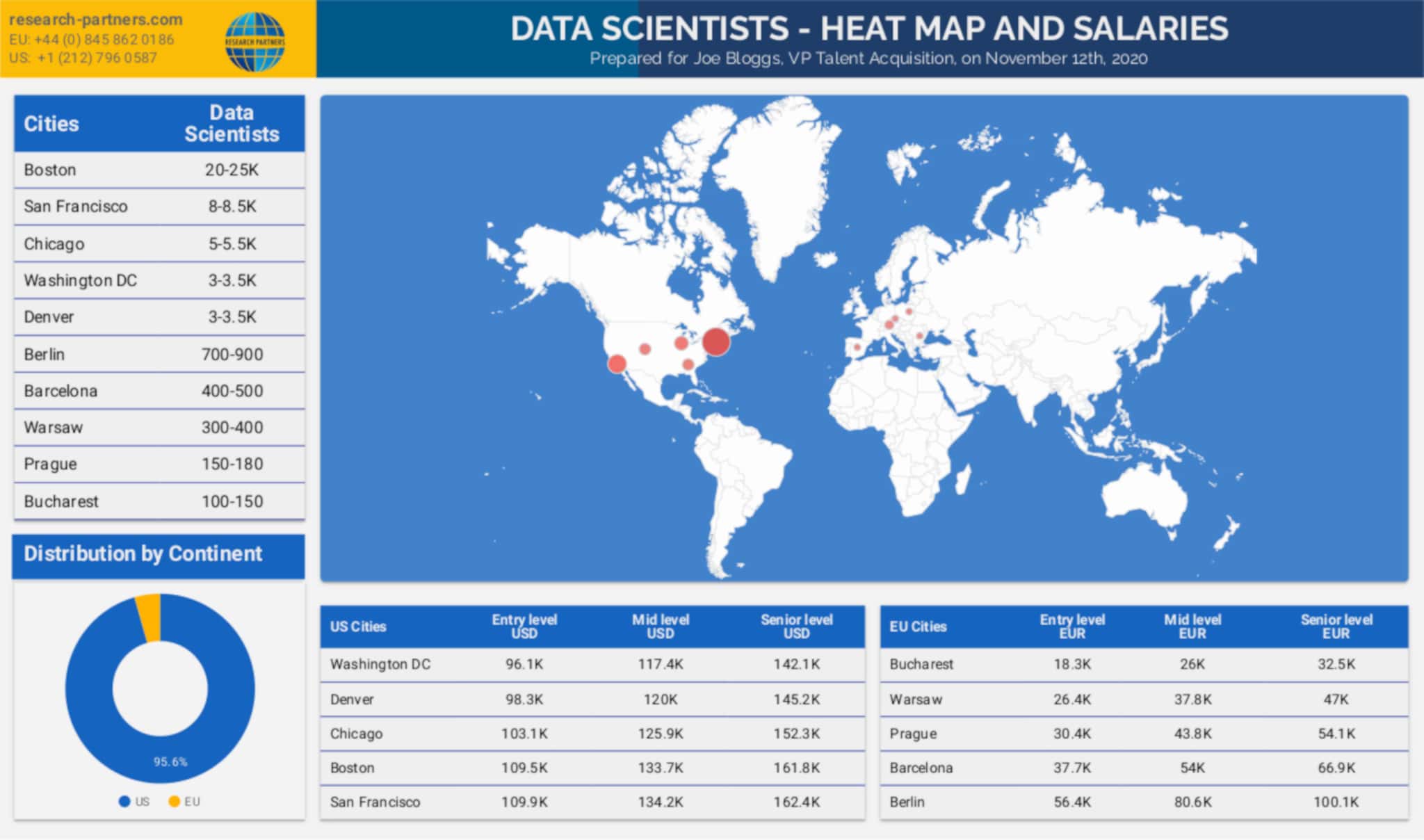Alex Homan-Russell from Research Partners shares his experiences of recruiting bilingual talent in the Japanese marketplace.
I’ve been recruiting internationally for the best part of 9 years now and out of all the countries globally where I’ve run recruitment campaigns Japan is perhaps one of the most interesting in terms of market nuances and challenges. From my experience and understanding, some of the reasons as to why the Japanese job market is so challenging are due to:
- There is a relatively small talent pool of bilingual (English and Japanese speaking) professionals – partly due to a very small proportion of the overall working population being employed by international organisations.
- Recruitment agency fees are very high compared to the rest of the world: 30-35% of overall salary. This is because it is so hard to find the right talent, especially when doing an Executive Search.
- Candidates are very focused on salary, job security, work-life balance and a solid brand when selecting their next opportunity.
- Japanese candidates are very modest and don’t like to over-sell themselves during the interview process. This makes the interview process more problematic and you will need to adjust your usual methodology and approach.
- If you are only focusing on candidates who speak perfect English, this doesn’t necessarily translate into stronger working competencies as Japanese is still heavily used in the workplace.
- Candidate’s responses to job adverts or direct contacts are not as forthcoming as they might be elsewhere, particularly if the job descriptions are in English and the approach isn’t very well thought out. Japan for a long time had a ‘job for life’ culture and it is only in recent years that this is changing. People are still careful when looking to change employers and by nature are still somewhat averse to this and cultural issues of not being loyal to their current employer also play a part in this. Furthermore, the talent pool of bilingual candidates is relatively small, and they can receive many messages daily about potential roles and are selective in who they reply to.
- You need to build and earn people’s trust, which goes a long way in future networking and recruitment drives.
- LinkedIn hasn’t experienced as much growth in Japan as it has in other countries. Japanese people are more reserved and don’t want to share their details online. They don’t want to be appearing to boast about their achievements, to be seemingly disloyal to their current employer and they value building personal relationships in the first instance. But overall if you are targeting the English-speaking professionals in Japan then LinkedIn is still a good resource.
At Research Partners we are aware of all these market intricacies and have had success in recruiting bilingual positions in the Japanese marketplace. Why not speak with us in more detail to find out how we can help your organisation recruit talent in Japan, whether building a talent map or pipeline, market insight, diversity recruiting or executive search, we can assist you.





